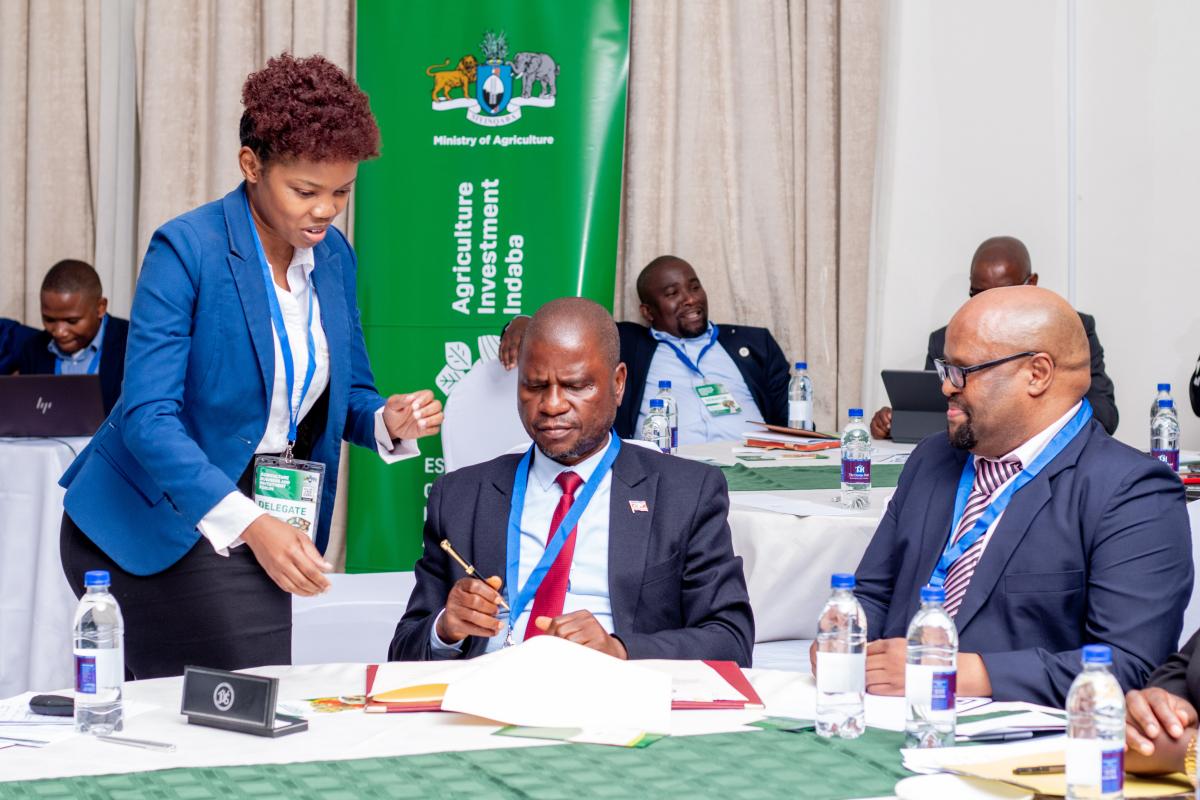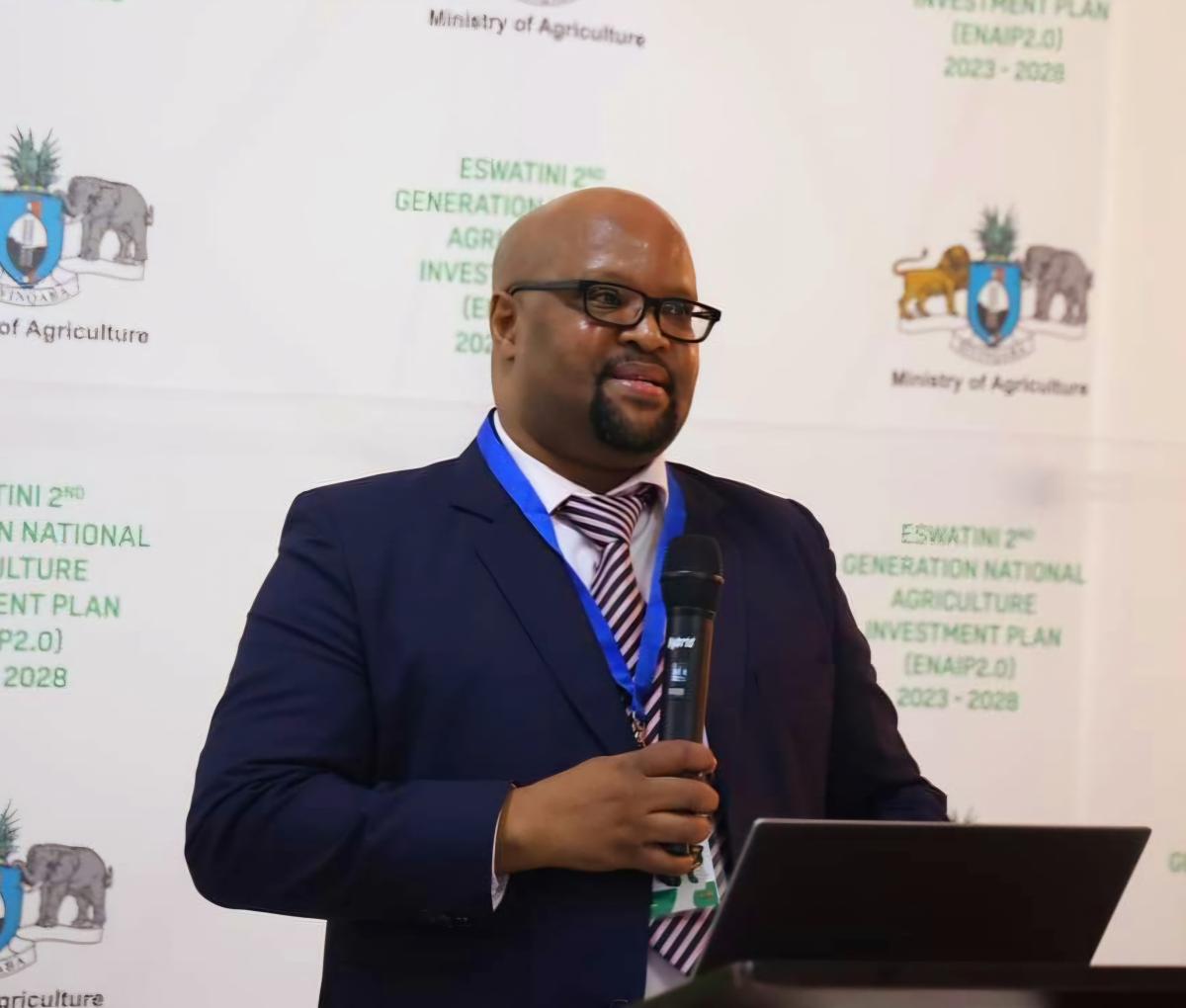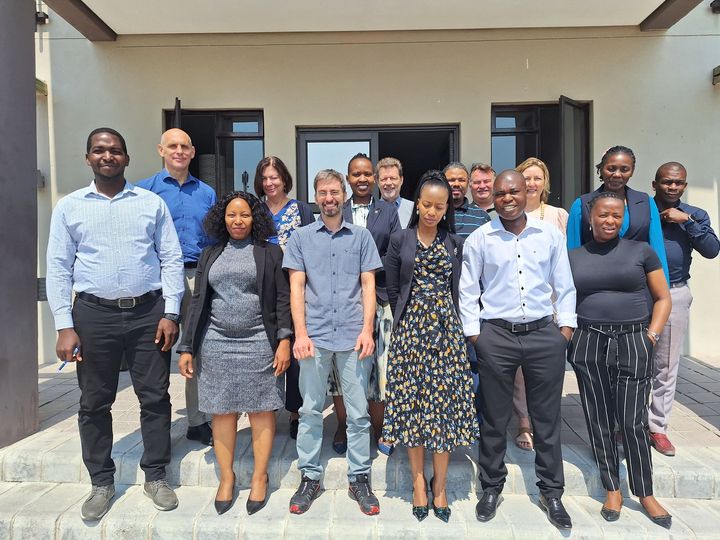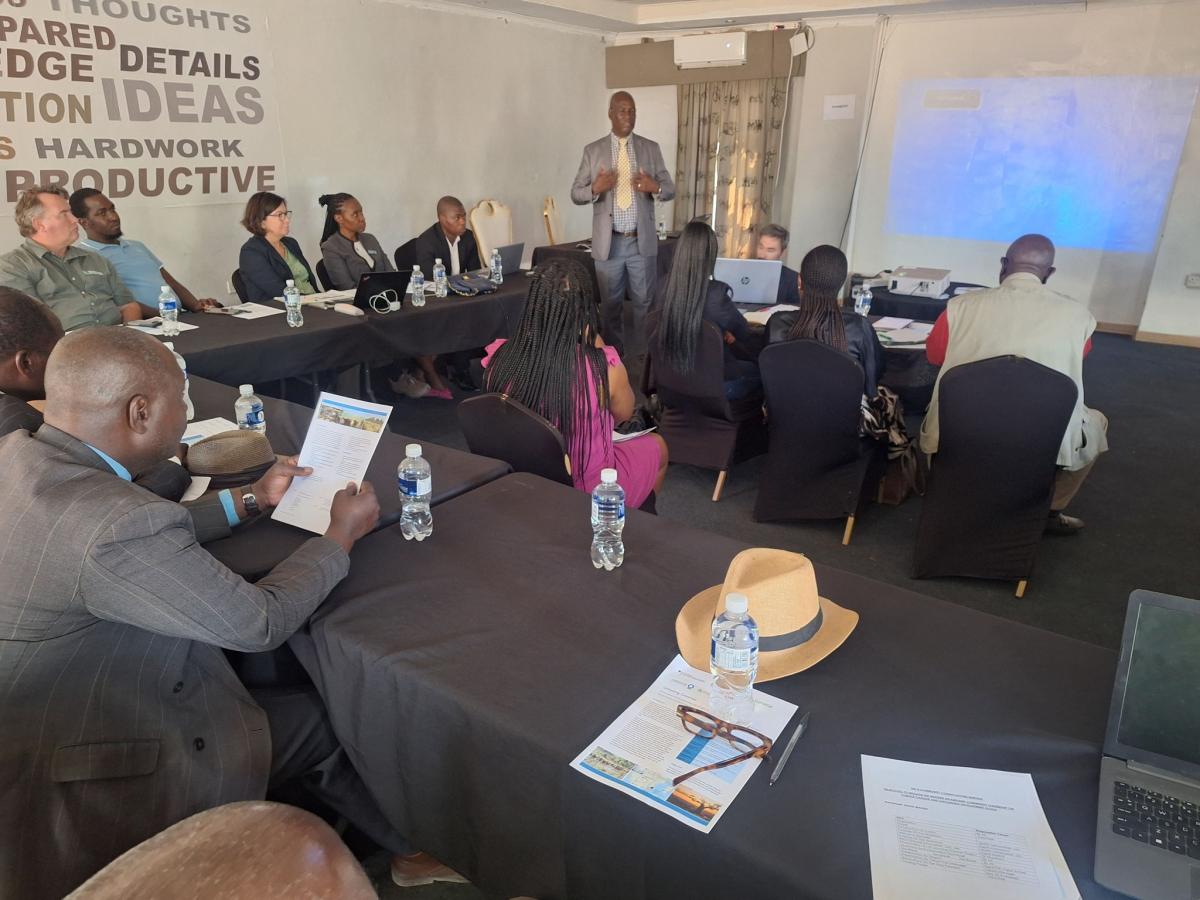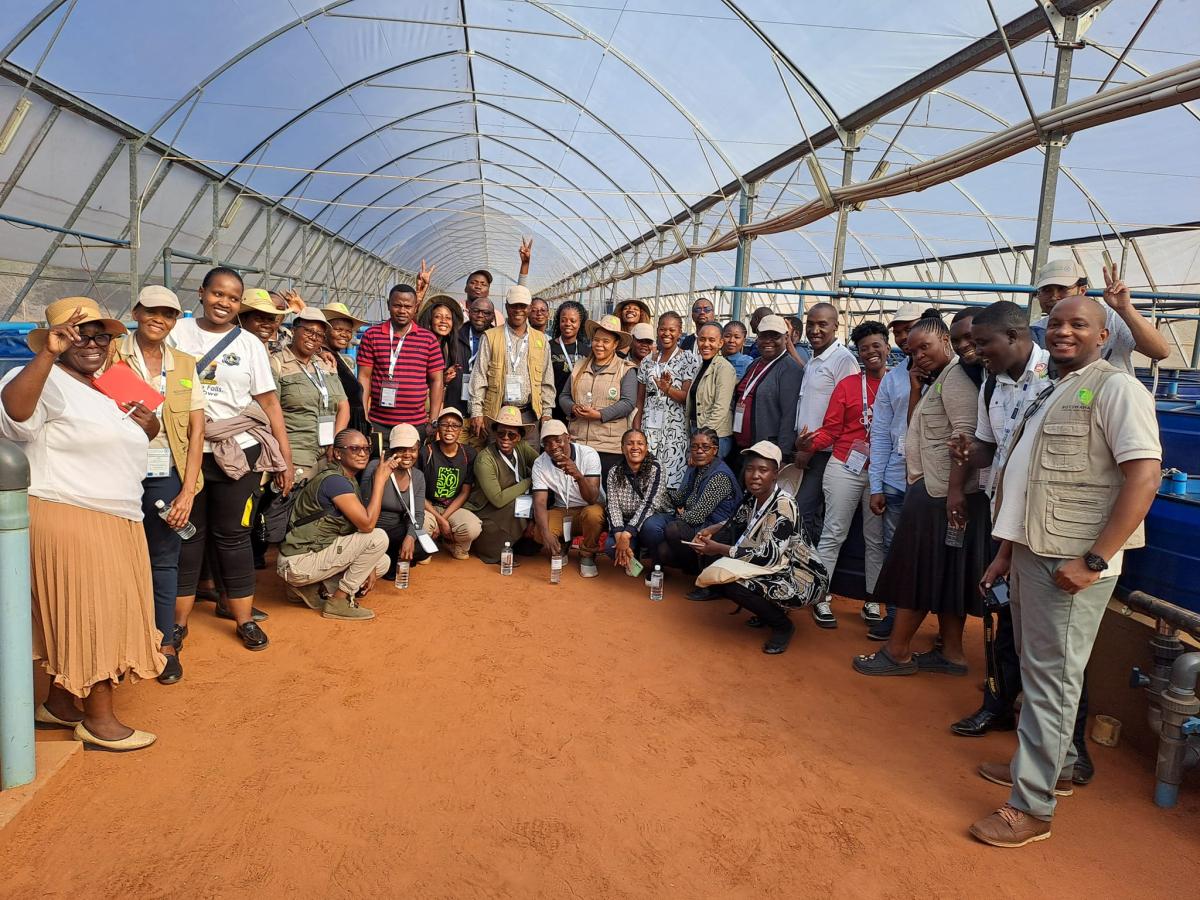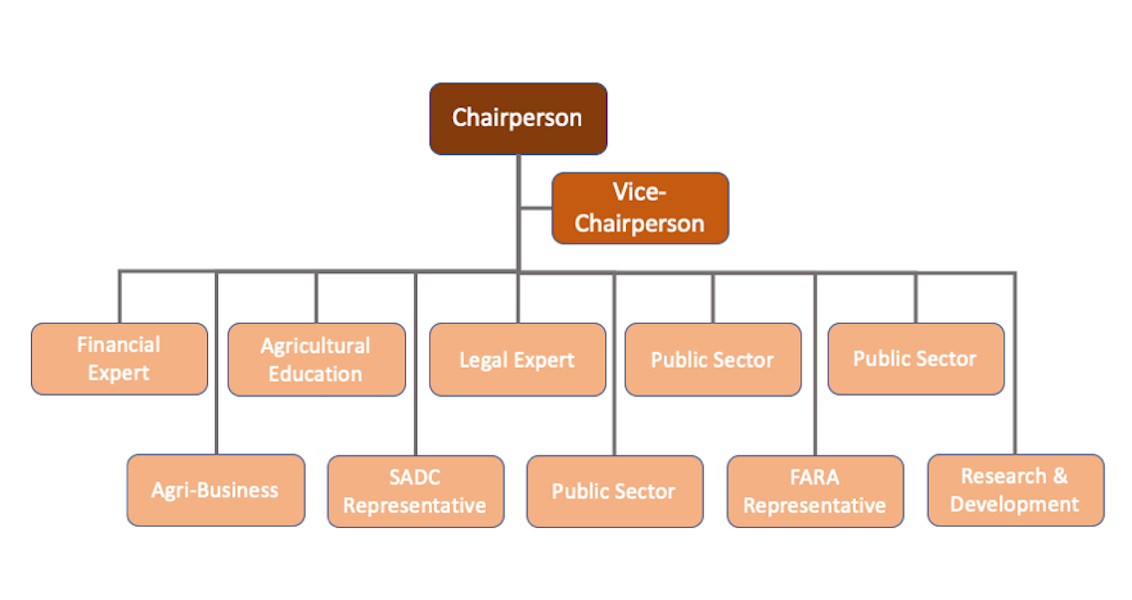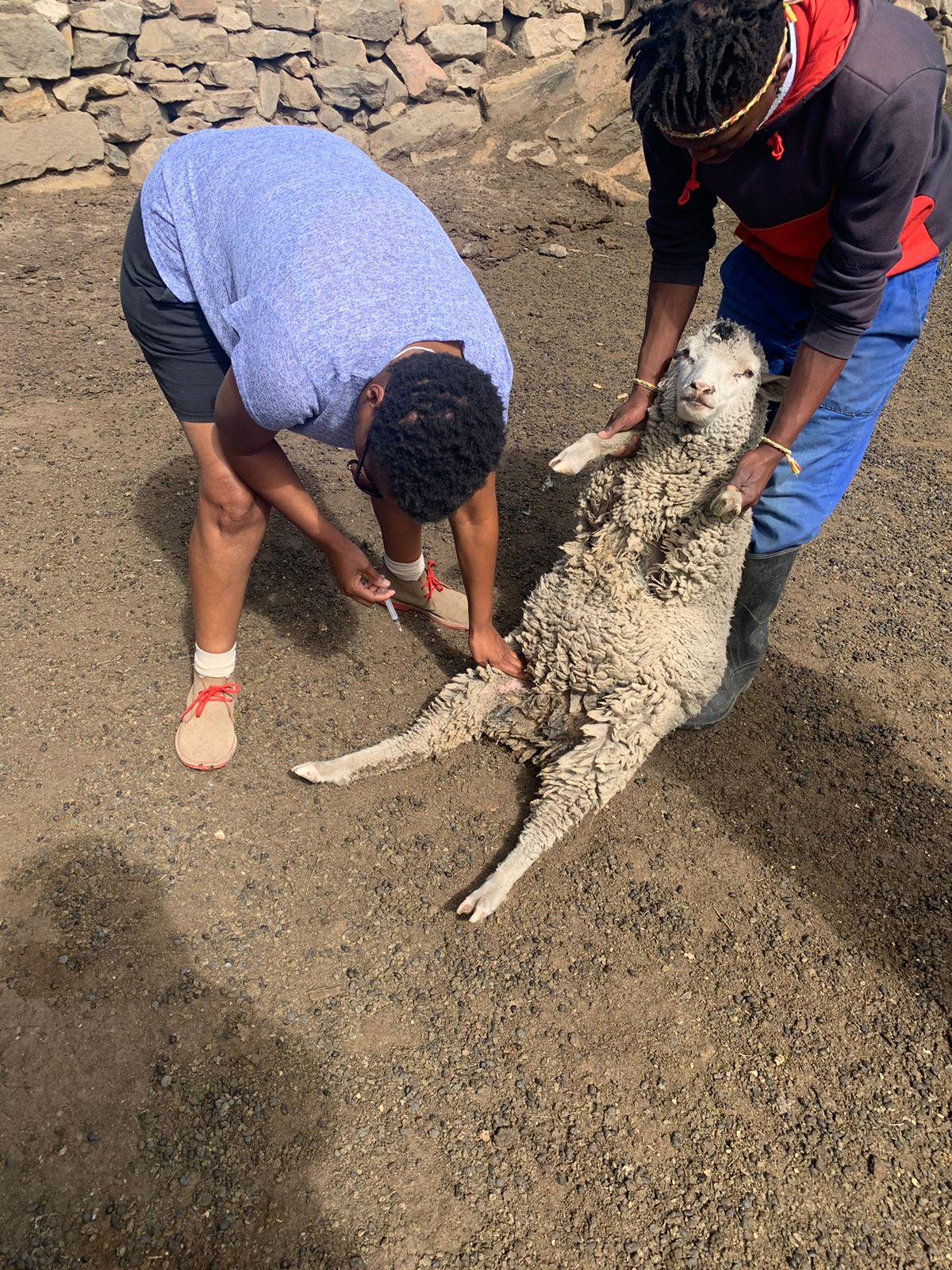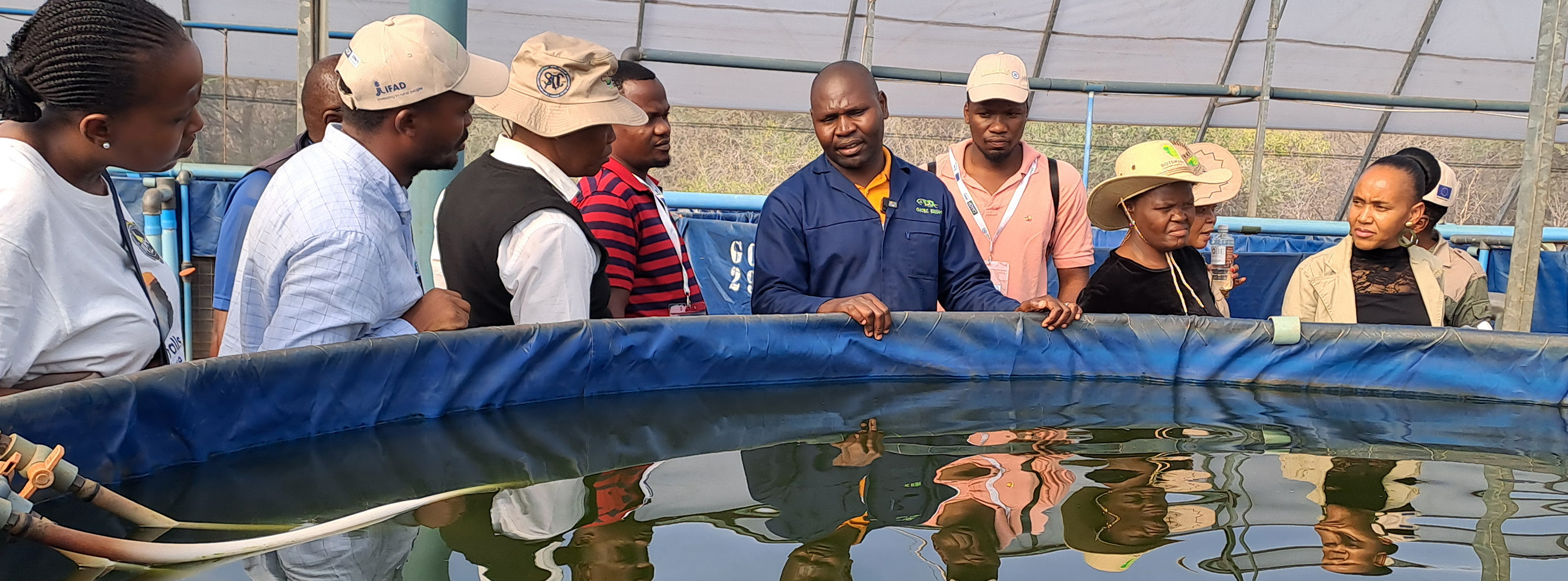Communicating climate-smart agriculture, prospects, challenges
Majority of farmers in Zimbabwe are small-scale based, poverty stricken and vulnerable to climate shocks, stresses and impacts. The small-scale farmers have no access to bank loans, crop insurance and other public interventions. This leaves them highly exposed, neglected and defenceless to climatic threats. The national input scheme, otherwise known as the Presidential Input Scheme, has its shortcomings and a few merits.
CSA,
Human Health,
Climate Change,
Zimbabwe
Peter Makwanya, (2016). Communicating climate-smart agriculture, prospects, challenges. https://www.newsday.co.zw/2016/07/communicating-climate-smart-agricultu…


